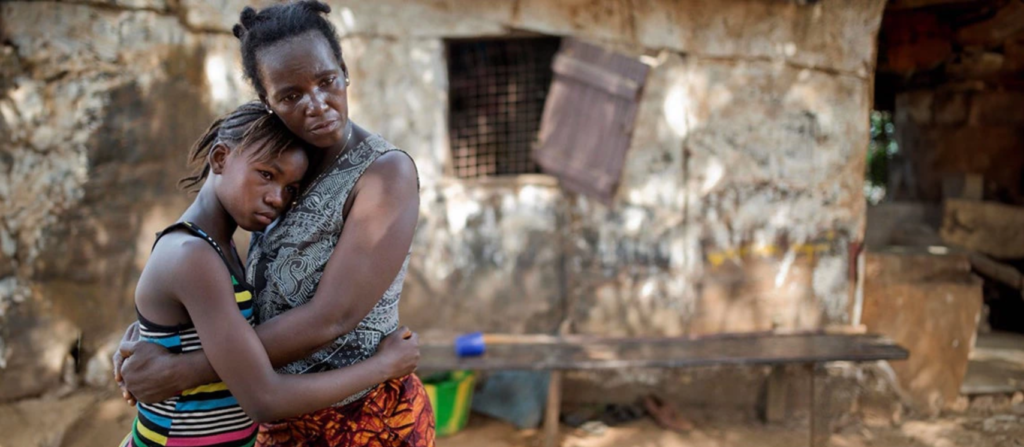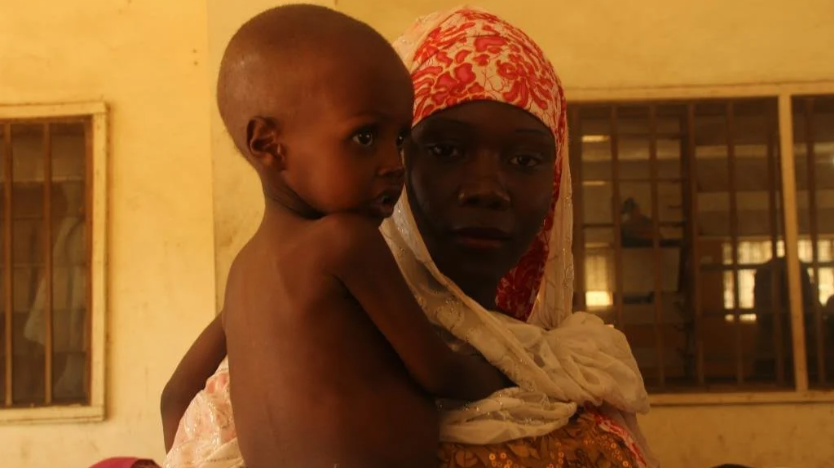Foreign aid has long been the cornerstone of development strategies, especially for many African nations. However, recent trends indicate a worrying decline in this critical support. This trend raises significant concerns about the potential impact on development projects, humanitarian efforts, and economic stability. The consequences of this dwindling aid are far-reaching, potentially jeopardising progress in areas such as healthcare, education, and infrastructure.
Several factors contribute to the reduction in foreign aid to Africa. Globally, economic uncertainties and shifting political priorities have led many donor countries to cut back on their aid budgets. For instance, economic downturns in major donor countries often result in budget cuts, impacting the funds allocated for foreign aid. Moreover, a growing sentiment of nationalism and a focus on domestic issues have led some countries to re-evaluate their foreign aid commitments. Donor fatigue is another critical factor. After decades of providing aid with mixed results, there is growing scepticism about the effectiveness of aid in driving long-term development. Critics argue that aid dependency can stifle local innovation and governance, leading to a call for more sustainable and impactful approaches to development assistance.
The increasing frequency and severity of global crises have also significantly impacted the flow of development aid to Africa. These crises, often characterised by their sudden onset and far-reaching consequences, demand immediate attention and substantial resource allocation. As a result, donor countries are compelled to divert funds from traditional development programmes to address these urgent humanitarian needs. The COVID-19 pandemic serves as a stark illustration of this phenomenon. While foreign aid was already in decline before the pandemic, the global health crisis necessitated unprecedented spending on healthcare, economic stimulus packages, and social safety nets. These expenditures inevitably drew resources away from development aid budgets. While the pandemic highlighted the interconnectedness of the global community and underscored the importance of international cooperation, it also exposed the fragility of development gains and the challenges of balancing immediate crises with long-term development objectives.
Africa’s shrinking foreign aid decline has far-reaching implications across various sectors crucial for progress. Cuts in aid to healthcare, education, and infrastructure undermine the foundation for poverty reduction and economic growth. These sectors are interconnected, and their underdevelopment creates a vicious cycle of deprivation. Furthermore, inadequate foreign support leaves some countries increasingly vulnerable to external shocks. Natural disasters, economic downturns, and health crises can have devastating consequences when countries lack the resources to respond effectively. This vulnerability hinders long-term development and stability. Scarcity of funds also fuels a brain drain as skilled professionals seek better opportunities abroad. With fewer qualified individuals to drive innovation and economic growth, nations struggle to progress. Moreover, reduced aid inflows exacerbate existing debt burdens. This financial constraint limits governments’ ability to invest in essential public services, further hindering development. The interplay of these factors creates a complex and challenging environment for African nations, emphasising the urgent need for alternative development strategies and increased domestic resource mobilisation.
While the decline in foreign aid is a significant challenge, it also presents an opportunity for African nations to bolster their self-reliance and resilience. Despite declining foreign aid, Africa possesses significant potential for sustainable development. As exemplified by initiatives like the Africa Continental Free Trade Area (AfCFTA), regional integration is crucial for expanding markets, creating jobs, and reducing external dependencies. Optimal management of abundant natural resources can generate substantial revenue if coupled with value addition and transparent governance. Investing in human capital through education and healthcare is paramount for building a skilled and healthy workforce capable of driving innovation. Leveraging technology can accelerate development by addressing finance, agriculture, and energy challenges. Enhancing domestic resource mobilisation through efficient tax systems and curbing illicit financial flows is essential for reducing reliance on aid. Good governance, transparency, and inclusive decision-making are fundamental for attracting investments, building trust, and ensuring development benefits all citizens. By combining these strategies, African nations can forge a path towards self-sufficiency and prosperity.
Several African countries have made significant strides in self-reliance and development, providing valuable lessons for others. Rwanda has emerged as a beacon of good governance and innovation in Africa. The country has made remarkable progress in healthcare, education, and technology. Through visionary leadership and a focus on accountability, Rwanda has attracted investments and achieved impressive economic growth. Ethiopia’s agricultural transformation is a testament to the potential of leveraging natural resources for development. The government’s focus on improving agricultural productivity and investments in infrastructure and rural development has led to significant poverty reduction and economic growth. Kenya has positioned itself as a hub of technological innovation in Africa. The success of mobile money platforms like M-Pesa has revolutionised financial inclusion, enabling millions of people to access financial services. The country’s vibrant tech ecosystem continues to drive innovation and entrepreneurship.
The decline in foreign aid to Africa presents both challenges and opportunities. While the reduction in aid may pose short-term difficulties, it also underscores the importance of self-reliance and sustainable development. African countries have the potential to overcome these challenges by leveraging regional cooperation, natural resources, human capital, technology, and good governance. While external support remains crucial, African countries must take ownership of their development agendas, diversify funding sources, and build robust domestic capacities. By embracing self-reliance and good governance, Africa can navigate the challenges of dwindling aid and unlock its full potential for sustainable growth and prosperity.



